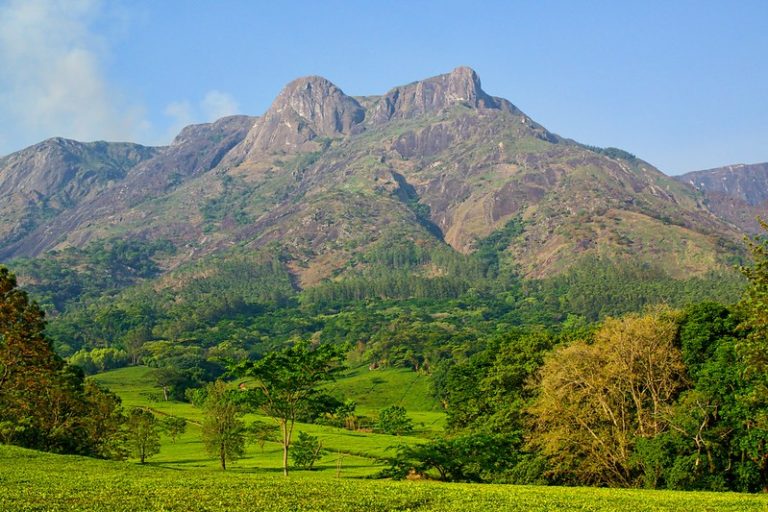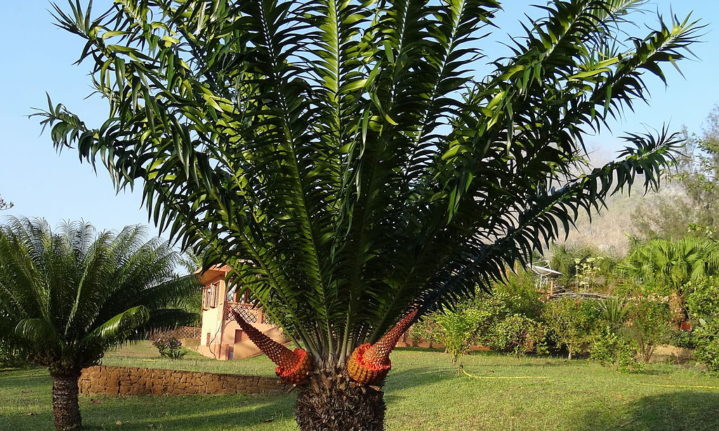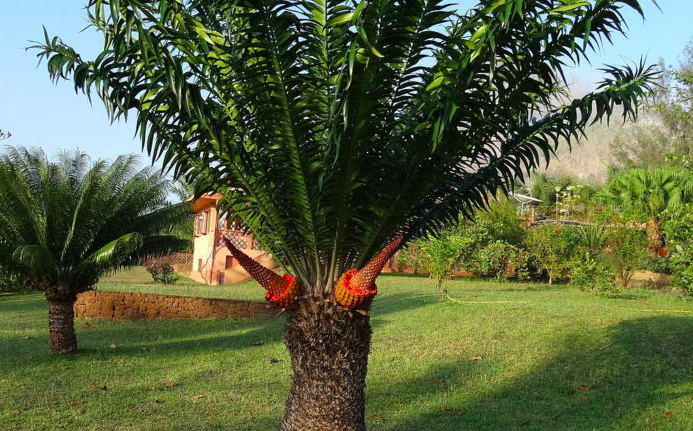Due to their novelty, cycads are some of the most trafficked plants in the world and conservationists in Malawi are embarking on a project to rear 50 000 endangered Mulanje cycad seedlings, RFI reports.

Mount Mulanje is a biodiversity hotspot and the last stronghold of the Mulanje Cycad. Picture: Flickr Commons.
The Mulanje cycad is endemic to the Mulanje Mountains of Malawi and Mozambique, sometimes referred to as a living fossil due to the species’ age, thought to preexist the dinosaurs. Seedlings of this ancient plant are being reared through the efforts of the Mulanje Mountain Conservation Trust.
The reason for this drive is the precarious situation of these cycads: on top of being one of the most trafficked plant species, they are mostly in peril due to population expansion and habitat destruction, according to Carl Bruessow, director of the Mulanje Mountain Conservation Trust.
Saving three endemic species
The survival of the Mulanje cycad is also bound up with the survival of a weevil beetle responsible for the tree pollination and the tiger moth who share a symbiotic relationship.

The Mulanje Cycad is endemic to the Mount Mulanje region. Picture: Wikimedia Commons
The larvae of the tiger moth feed exclusively on the poisonous leaves of the cycad, making them toxic to predators like birds. Bruessow adds that the tiger moth is also an ancient species because its specific diet of cycad leaves would have taken millions of years.
The moth, whose population is estimated at less than 2000 is listed as critically endangered. Around 20 000 mature Mulanje cycads still grow in the wild in Malawi, with the species listed as vulnerable to extinction.
In the past, many cycads were cleared to make way for tea plantations but some were kept in the garden of tea estates as ornamental plants and have been a valuable source of seeds for the cultivation of saplings.
Once the Covid-19 travel restrictions are lifted, plans are to extend the project across the border into Mozambique to restore it back to its original range. The Mount Mulanje region is renowned for its plant diversity, with two more cycad species identified earlier this year.
ALSO READ
South Africa’s pride and joy: Fascinating facts about the protea flower



















